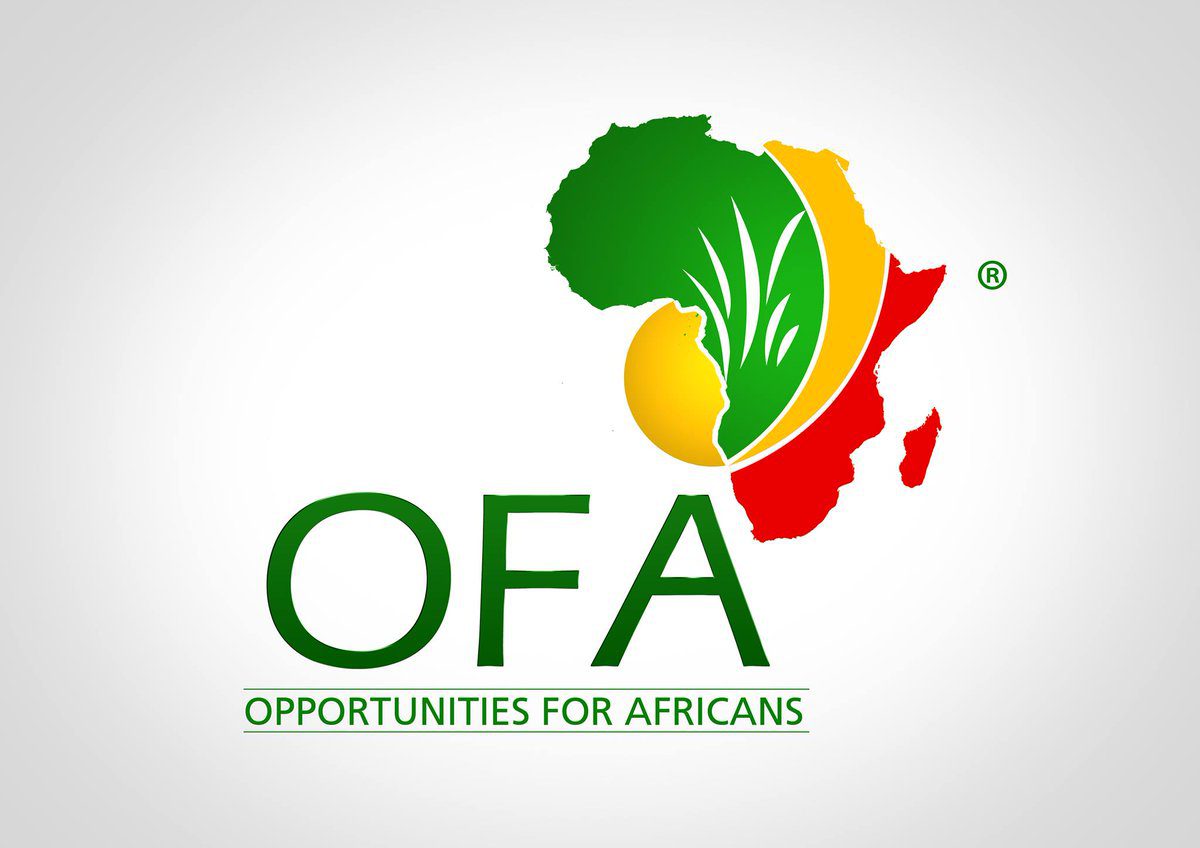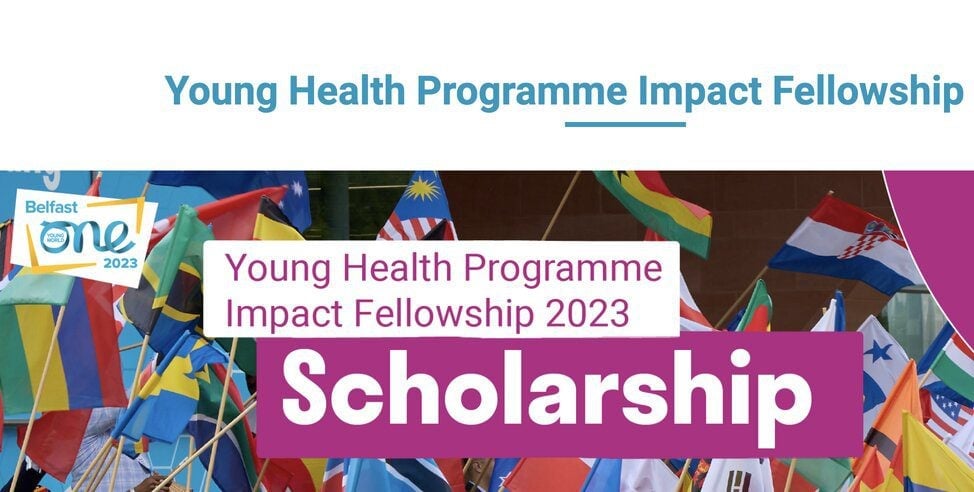Application Deadline: March 31, 2023.
Submissions is now been accepted for the fifth annual global blog writing competition, co-sponsored by the World Bank Group and the Financial Times.
COVID-19 has wreaked havoc on the lives of young children, students, and youth. The disruption of societies and economies caused by the pandemic has led to the worst crisis in education of the last century. The staggering effects of school closures reach beyond learning. This generation of children could lose a combined total of US$21 trillion in lifetime earnings in present value or the equivalent of 17% of today’s global GDP – a sharp rise from the 2021 estimate of a US$17 trillion loss.
Three years after the arrival of COVID-19, educators and governments are still grappling with the pandemic’s aftermath. They are working to make up the crucial time lost during COVID-related closures, to position students for successful lives.
The future doesn’t have to be dark. There’s still time to recover learning losses and put a generation of students on track to thrive in the jobs of the future.
If you’re aged 16 to 19 and currently enrolled in high school, we’d like to hear about your experience with post-COVID education and learn your ideas for the way forward. In partnership with the free FT Schools programme, offering access to FT.com for students aged 16-19 years old, their teachers and schools around the world
Requirements
The World Bank & Financial Times invite you to enter the fifth annual global blog writing competition, co-sponsored by the World Bank Group and the Financial Times.
Submissions should include:
- A strong blog or essay, that is no longer than 500 words.
- Your name, age, school, email, and country you live in.
- Photos, videos, visualizations that help support your story, are optional.
- Entries should be original content and cannot have been previously published or lifted from other sources. By submitting an entry, entrants grant to The World Bank and The Financial Times Limited (“FT”) a worldwide, perpetual, non-exclusive, royalty-free license to copy, edit, publish and use the entry, in whole or in part, and in any way, including for publishing on the World Bank’s blog platform and, at the FT’s sole discretion, on ft.com, without compensation to the entrant. Rights to edit copy where the publishers deem necessary is reserved although entrants will be fully credited.
- Entries should be the work of the submitter and cannot be collaborative or written by a proxy.
- Participants must be enrolled in high school or a version of secondary education and should be between the ages of 16-19 years at the time of submission.
- Entries can be submitted in English, French, Spanish and Arabic.
- The winning entries will be published in English.
- There is no fee payable to enter the competition.
PRIZE
- The winning entry will be published in the Financial Times (at its sole discretion) and the World Bank blog.
YOUR ENTRY
- How is your country’s education system recovering from learning losses compounded by COVID-19 pandemic, and what more it can do to prepare young people for the jobs of the future?
JUDGES
- Entries will be judged by a high-level panel comprised of senior officials at the World Bank, the Financial Times, and select partners.
For More Information:
Visit the Official Webpage of the World Bank & Financial Times’ blog/essay writing competition 2023




